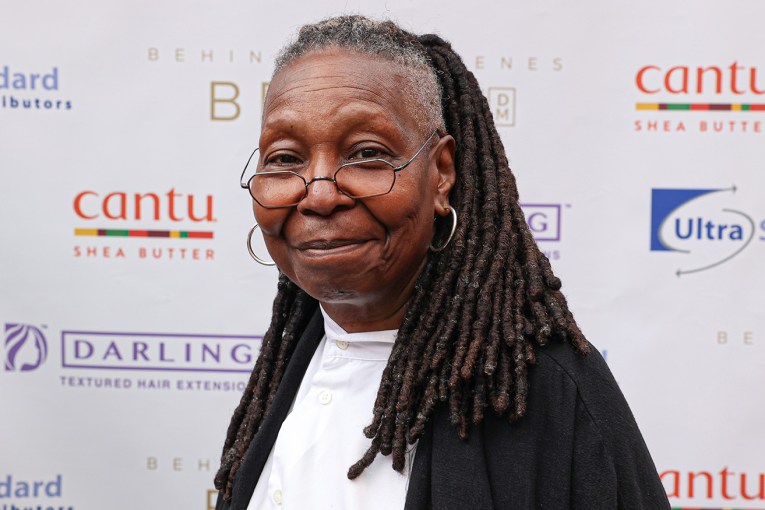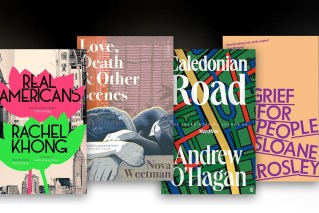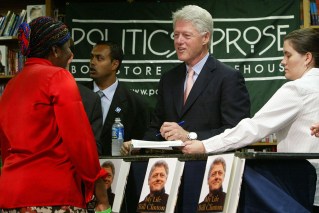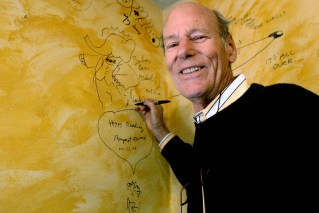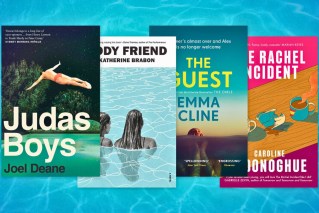Maggie, bin chicken, mozzie – have you more words for dictionary?

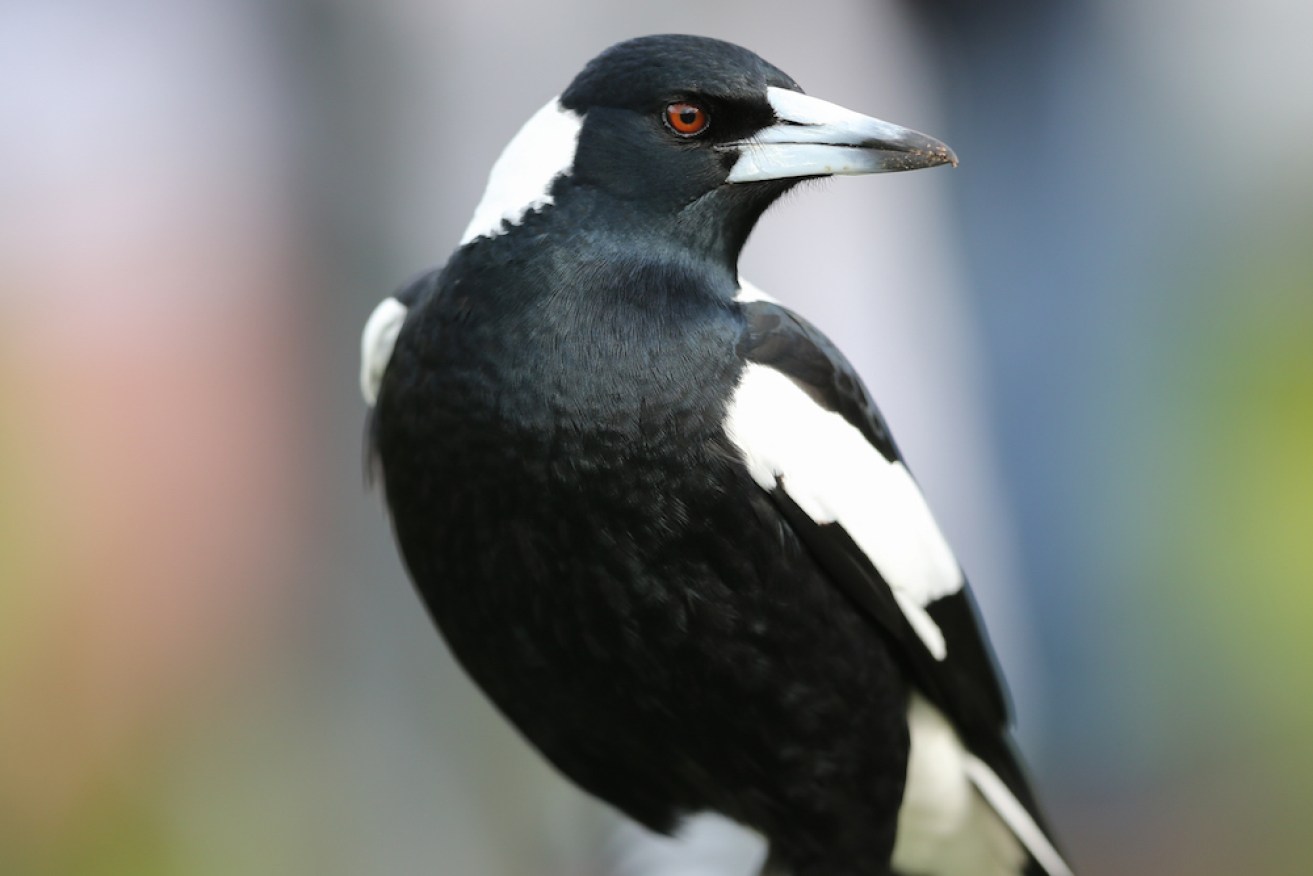
The Australian National Dictionary wants to add all the best colloquialisms Australia has for animals and plants. Photo: Getty
The Australian National Dictionary wants to hear the best nicknames for our wonderful wildlife to add to its 16,000-strong collection of uniquely Aussie words.
Australians have a knack for giving things unusual names and animals are no exception – think bin chicken, maggie and mozzie.
Researchers want to make sure no word misses out when the Australian National Dictionary goes live online because the dictionary won’t include the usual, everyday words, but rather, words that are unique to Australia.
Speaking to The New Daily, Mark Gwynn, a senior researcher at the Australian National Dictionary Centre, said the word drive was part of an annual appeal, where a topic is picked and people send in their words.
Last year, the topic was food; this year it’s flora and fauna.
“There’s been a couple of actually funny ones that have come in just today, which I’ll be looking into. I quite enjoy the ‘short-legged swamp dog’ for a crocodile,” Mr Gwynn said with a laugh.
Another term he is quite fond of is ‘Noah’s Ark’ or a ‘Noah’ for shark, a term, he says, that goes back to the 1930s.
“Rhyming slang isn’t as common as it used to be, so it’s interesting that word is still out there,” Mr Gwynn said.
Before the appeal, he was drafting an entry for djitty djitty, which isn’t slang for the willy wagtail, but instead comes from the Noongar people in Western Australia.
Tweet from @ozworders
“From the terrifying saltwater crocodile undergoing the classic Aussie abbreviation with the ‘y’ suffix to become a ‘salty’, to the tiny harmless woodlouse being called the ‘slater’ or ‘butchy boy’, there’s probably not too many creatures that have missed out on a nickname,” Mr Gwynn said.
“We would love to add more of these colloquialisms to our record of Australian English. People might be surprised that some of these types of informal naming are quite widespread and in some cases, quite old.
“As a kid I certainly knew a few names for different cicadas including the ‘greengrocer’ and ‘black prince’, which turn out to have a long history in Australian English.”
Tweet from @ozworders
Inherently informal
Mr Gwynn said Australians are well known for either abbreviating words, or simply adding a ‘y’ suffix.
And it’s a good thing – he said language would be very boring if everything only had one word.
But perhaps what is most fascinating to Mr Gwynn about Australian English is that it is inherently informal.
No one in Australia would bat an eye if a politician said “dinkum” or “fair go”, even in Parliament, he said.
But that informality isn’t all that common in formal contexts in other English-speaking countries, like the US and UK, even though both countries have informal words that are unique to that country.
“We use them [informal words and nicknames] quite a lot and in lots of different contexts, and it’s all about that communication. It’s making it interesting,” he said.
Mr Gwynn said the researchers at the Australian National Dictionary Centre are keen to look into any words relating to plants and animals that people think are greatly Australian.
You can share your fauna and flora words via the ANDC Word Box feature or through the ANDC contact page.
